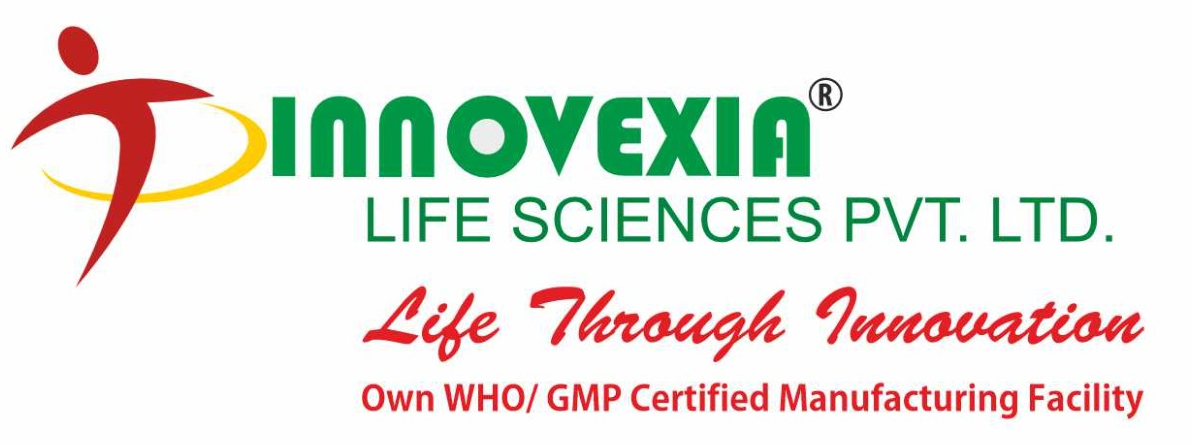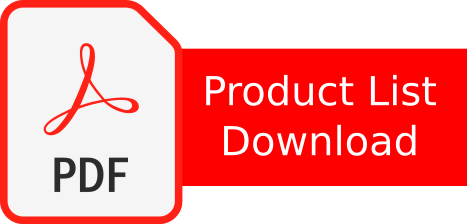Starting a pharmaceutical manufacturing business in India with a budget of under 10 lakhs (1 million INR) can be challenging, but it is possible to set up a small-scale operation. Keep in mind that the scale of your business and the specific products you plan to manufacture will significantly impact your budget. Here’s a general outline of how you can get started:
1. Research and Planning:
– Conduct thorough market research to identify potential products that are in demand and have good market prospects.
– Understand the regulatory requirements for pharmaceutical manufacturing in India. This includes obtaining licenses and approvals from the Central Drugs Standard Control Organization (CDSCO) or State Drug Control Authorities.
2. Choose the Manufacturing Process:
– Considering your budget constraints, you may want to start with the manufacturing of simpler formulations such as tablets, capsules, ointments, or syrups.
3. Location:
– Renting a small industrial space or setting up a manufacturing unit in a pharmaceutical industrial park can be cost-effective compared to buying property.
4. Equipment and Machinery:
– Opt for used or refurbished equipment and machinery to save costs. Essential machinery may include a tablet press, capsule filling machine, ointment/cream manufacturing vessel, and mixing equipment.
5. Raw Materials:
– Source raw materials from reliable suppliers and negotiate the best prices. Buying in bulk can sometimes lead to cost savings.
6. Skilled Labor:
– Hire skilled workers to ensure the manufacturing process is carried out efficiently and with proper quality control.
7. Quality Control:
– Allocate some budget for quality control equipment to ensure that your products meet regulatory standards and are safe for consumption.
8. Packaging and Branding:
– Simple and cost-effective packaging can be initially used. As your business grows, you can invest more in branding and attractive packaging.
9. Legal and Regulatory Expenses:
– Set aside funds for obtaining necessary licenses, approvals, and complying with regulatory requirements.
10. Marketing and Distribution:
– Initially, focus on local distribution and build partnerships with local pharmacies and distributors.
11. Scaling Up:
– As your business grows and generates revenue, reinvest profits to expand and improve your operations.
Please note that starting a pharmaceutical manufacturing business involves legal and regulatory complexities. It’s essential to consult with experts and seek professional advice to ensure compliance with all the necessary regulations and standards. Also, consider exploring government schemes and incentives that may support small-scale pharmaceutical ventures in India.

